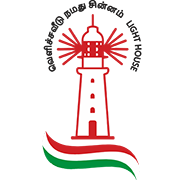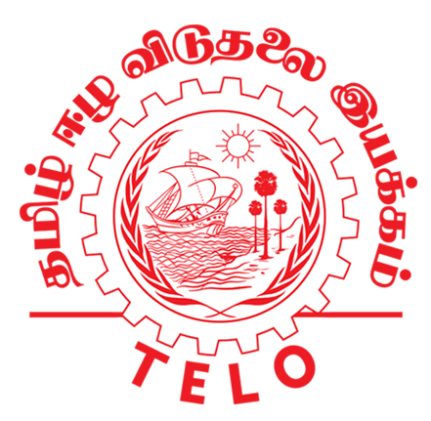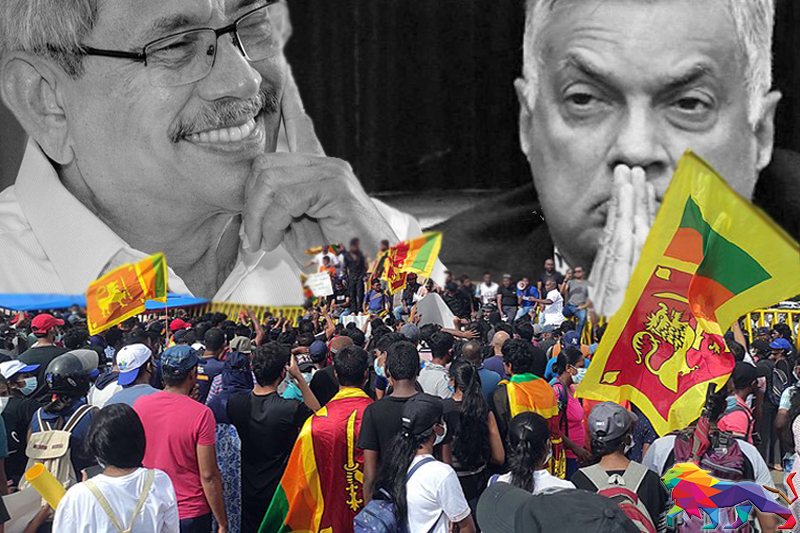Sri Lanka President Ranil Wickremesinghe is likely to revoke a gazette he declared High Security Zones (HSZ) in the commercial heart of Colombo, two government sources who are aware of the process said.
The Bar Association of Sri Lanka has raised concern over the latest HSZ, citing that using Official Secret Act to declare HSZ was legally wrong.
“The president has sought Attorney General’s advise on this. If the legal basis is wrong, then the president is likely to revoke the gazette,” a source who has seen the official documents on the process told EconomyNext.
Another source also confirmed the move.
The second source said the president signed the gazette on the facts and recommendations submitted by “top officials of the ministry of public security”.
There had been adverse impact on the economic activities due to the recent declaration of HSZ. Economists have briefed the president on the impacts due to his HSZ declaration, the sources said.
“They (economists) showed the impact due to the HSZ is far worse than the impacts of often protests by anti-government protesters. They also said there could be different issues due to the new gazette,” the first source said.
The President has urged the Ministry of Public Security and relevant authorities to replace the HSZ with a special security plan with the coordination of intelligence unit and with the advice of the Attorney General, Wickremesinghe is likely to revoke the gazette once he comes back from Japan visit, sources said.
Wickremesinghe on Friday (23) declared war-time high security zone (HSZ) in capital Colombo after months of protests in those areas ousted his predecessor and previous government.
The move came amid fears that some groups could start protests against the government amid worsening economic conditions with reports of higher cost of living and food prices have left many to cut down foods and other essentials.
Wickremesinghe through a gazette extraordinary declared the following areas as the HSZ: Presidential Palace, Presidential Secretariat, Parliament, Supreme Court, High Court, Colombo Magistrate Court, Attorney General’s Department, Prime Minister’s official residence Temple Trees, Prime Minister’s office, Ministry of Defence, Head Quarters of Army, Navy, Air Force, and Police. and Official Residences of Defence Secretary and Commanders of Army, Navy, and Air Force.
All these areas were declared as HSZ during the island nation’s 26-year civil war ended in 2009. Since then successive governments gradually removed the HSZ to facilitate economic activities led by tourism as many of these areas are located in the commercial heard of capital Colombo.
The area around Presidential Secretariat was the center of Sri Lanka’s youth-led protest which finally forced former president Gotabaya Rajapaksa to flee the presidential palace before stepping down from the post after he went to Singapore via Maldives in mid July.
Later protesters occupied Presidential Palace, Presidential Secretariat, Prime Minister’s official residence Temple Trees, and Prime Minister’s office before they were forced out by the security authorities after Wickremesinghe became the president through a parliamentary election on July 20.





